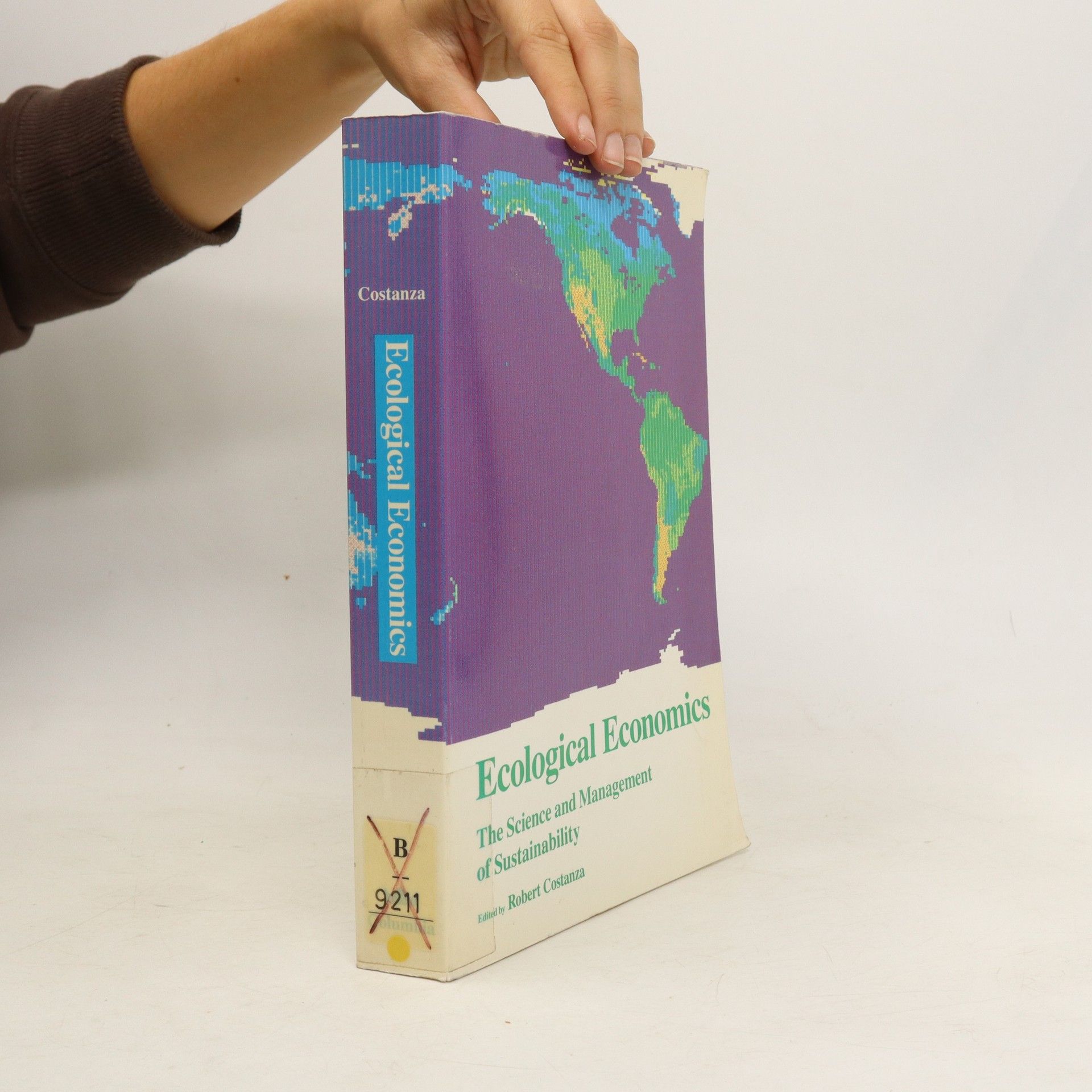The Great Dumpling Debate
Definitions, Science, History and Local Recipes from Around the World
- 250 páginas
- 9 horas de lectura
Featuring a comprehensive analysis of over 200 dumplings from 70 countries, this guide categorizes each dumpling through six dimensions of "dumplingness." It uniquely blends history, science, and statistics with delicious recipes, making it an essential resource for culinary enthusiasts. This travel cookbook not only celebrates the diverse world of dumplings but also offers a playful yet informative exploration for food lovers everywhere.

